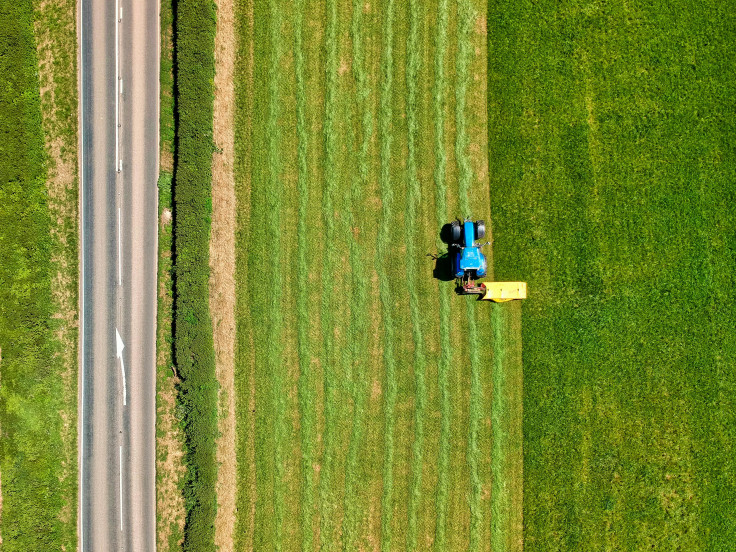UK Farmers Face Post-Brexit Struggles: Rising Costs, Bureaucracy, and Environmental Policies
What is the UK doing to ensure future farmers don't leave the industry?

Farmers in the UK are grappling with rising costs, fluctuating supermarket prices, and a new post-Brexit farm payments scheme. Many argue that the scheme prioritises environmental policy over food productivity, creating additional challenges for the agricultural sector.
According to Innovation News Network, farmers face excessive bureaucracy to access government grants while being undercut by cheaper food imports from countries with lower welfare standards. This discontent has the potential to discourage future generations from pursuing careers in farming, posing a risk to the UK economy.
Lobbying for Change
Recognising the challenges, farming representatives have taken matters into their own hands. The National Farmers' Union (NFU) has lobbied the government to create a more favourable environment for farmers. For example, the NFU has advocated for increasing the amount of pesticides allowed in the UK's drinking water and permitting farmers to spread manure more frequently as part of a post-Brexit loosening of environmental regulations.
The NFU represents over 45,000 farming and growing businesses in England and Wales. Its mission is to champion British agriculture and horticulture, campaign for a stable and sustainable future for British farmers, and secure the best possible deals for its members.
Government Support for Farming Innovation
In response to these challenges, UK Prime Minister Rishi Sunak announced a major new package of support for rural communities. Speaking at the NFU annual conference in Birmingham, he unveiled a £220 million funding package for technology and innovation to protect British farming for the next generation.
A new lobby group, Basic Income for Farmers (BI4Farmers), is calling for a universal basic income (UBI) for all British farmers. They argue that UBI would enable farmers to provide the UK with its agricultural needs while maintaining a living wage, despite external pressures. This proposal is detailed in a report published in April.
The Post-Brexit Landscape
The landscape of UK farming has significantly changed post-Brexit. Many campaigners argue that farmers are facing an increasingly tough situation. In England, farmers feel they are getting a "raw deal" from the British government, while Scotland, Wales, and Northern Ireland, with devolved powers, implement their own agricultural schemes.
Prior to Brexit, many UK farms were sustained by EU subsidies. Without these subsidies, many farms would have struggled to break even. Brexit disrupted this financial support system, making it difficult for farmers to maintain profitability.
The Impact of Climate Change
Climate change has exacerbated the challenges facing UK farmers. Unpredictable weather patterns and increased risk of crop failure have strained profit margins, leaving farmers with little to no reserves to weather bad years. Supermarkets drive down farm-gate prices, leaving farmers with razor-thin margins.
Addressing Financial Instability
The Norfolk Farming Conference in February brought together experts to explore the challenges facing the next generation of farmers. Key topics included food security, climate change, competitive pressures, environmental targets, and shifting consumer habits. The panel discussed the need to balance food production and environmental responsibilities, improve farm sustainability through new technologies and data analysis, and consider the impact of diet and health discussions on agriculture.
The Path Forward
To address these challenges and ensure the future of UK farming, a comprehensive approach is needed. This includes better financial support from the government, fairer pricing from supermarkets, and investment in sustainable farming practices. Such a multi-pronged strategy is essential to ensure farmers can continue to provide food for the nation while adapting to a changing climate and fluctuating market conditions.
The UK farming sector is at a critical juncture. Addressing the financial, environmental, and competitive pressures facing farmers will require coordinated efforts from the government, industry stakeholders, and the farming community. By embracing innovation and sustainable practices, the UK can secure a stable and prosperous future for its agricultural industry.

Daniel is a business consultant and analyst, with experience working for government organisations in the UK and US. On his free time, he regularly contributes to International Business Times UK.
© Copyright IBTimes 2025. All rights reserved.




















